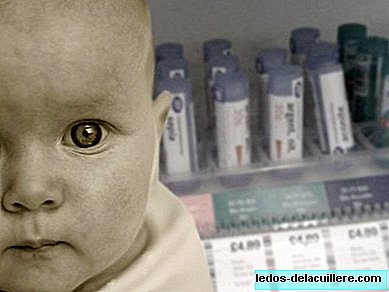
Gestational diabetes is a complication that arises in pregnancy characterized by the inability to correctly regulate glucose levels in the body. It is detected around the 20th week of gestation thanks to a simple test known as the sugar test.
It is suffered by approximately 7% of pregnant women and disappears after childbirth. But nevertheless, having suffered it increases by 7.5% the chances of women developing type 2 diabetes mellitus throughout her life.
Specifically, a woman who has had gestational diabetes has 4.69 times the risk of developing type 2 diabetes in the five years after pregnancy and 9.34 times after the first 5 years. Of course, other factors such as race, number of children or breastfeeding are involved in the subsequent development of the disease, but researchers believe there could be a common cause between the two disorders.
Since a relationship between gestational diabetes and the subsequent development of type 2 diabetes has been detected, specialists suggest that women who have had diabetes in pregnancy be periodically monitored after giving birth in order to detect any change in their glucose tolerance
Also, gestational diabetes must be rigorously controlled in pregnancy because otherwise it could have serious consequences such as premature birth, malformations and even the loss of the baby.












